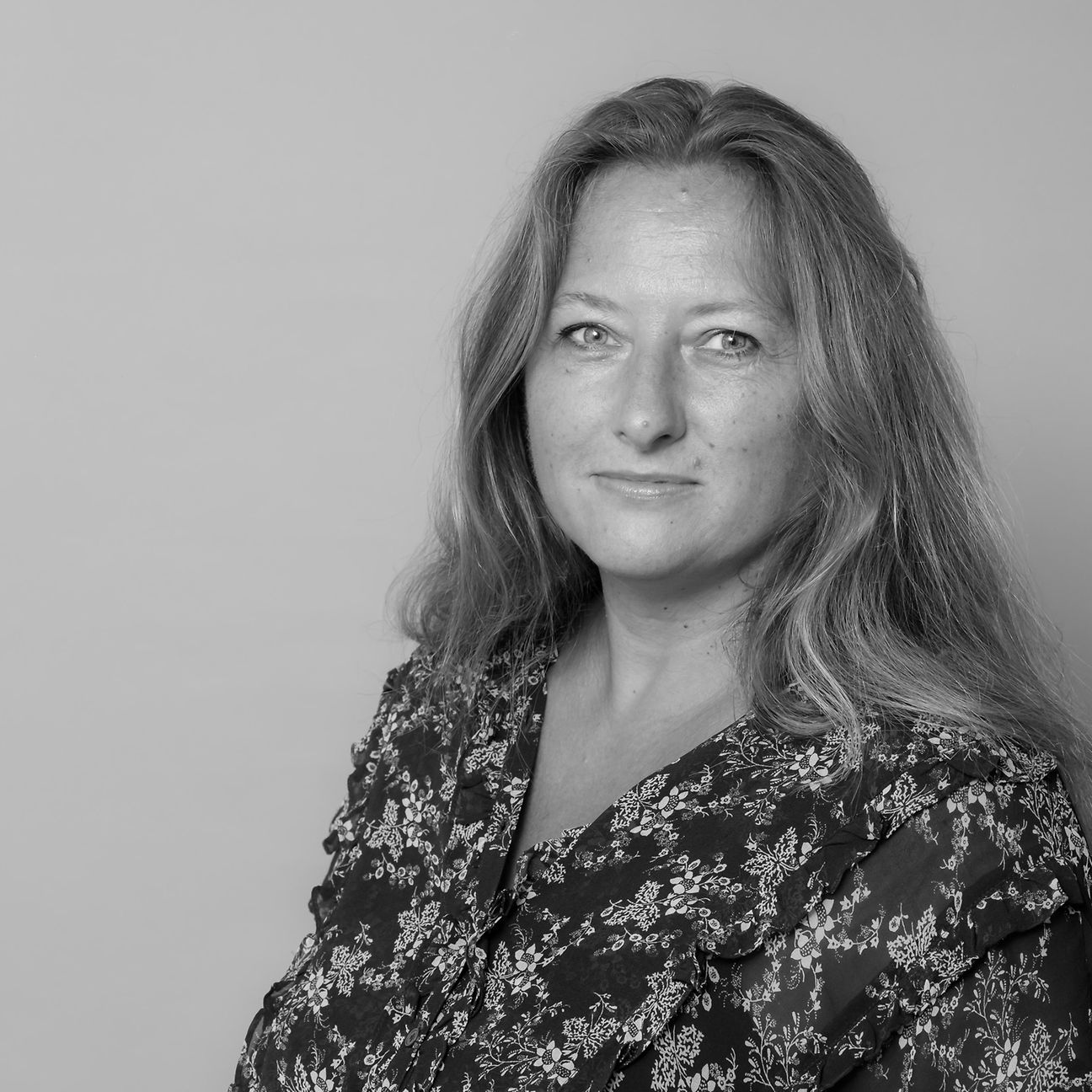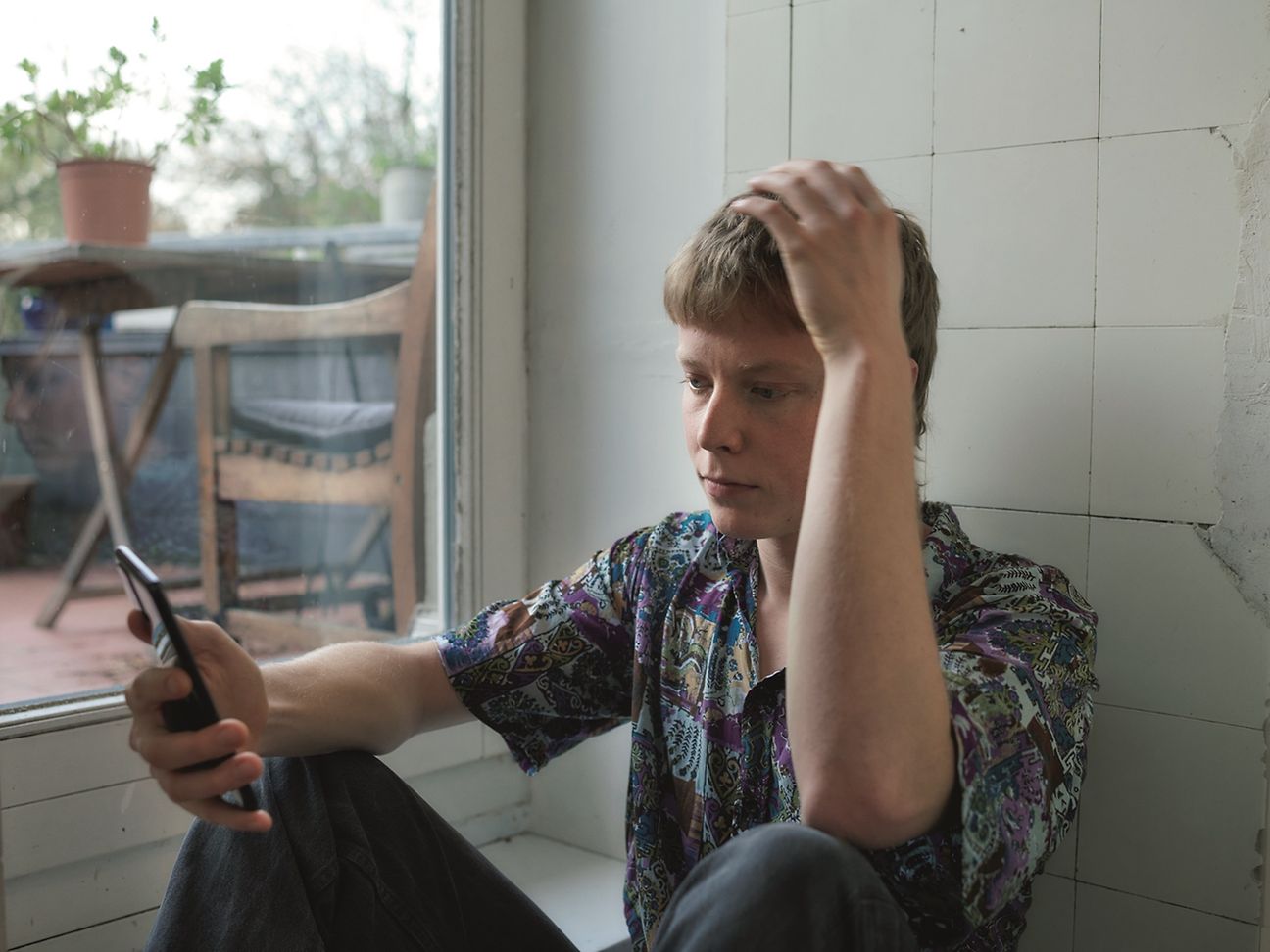

19 September is Moral Courage Day. All over Germany, associations are calling on people to stand up against injustice - both on the street and digitally. From a Facebook group against hate speech, to a ruling by the Federal Constitutional Court, to a human-machine project against fake news, we show examples of digital moral courage that have set an important course against hate on the internet.
Article 1 of the Basic Law states: Human dignity is inviolable. In other words: every human being is valuable. Nevertheless, insults or discrimination are part of everyday life on the internet. Those affected and those not involved often feel powerless. What should one do to counter hate comments? Our answer: digital moral courage! Speak up, even - or especially - when everyone else is silent. Take a stand online. For yourself, for others and for our society. Because if hate and agitation work unhindered, they can silence people and entire discourses. Diversity of opinion then becomes unity of opinion. We can all oppose this. By setting limits to hate and showing solidarity with those affected. The following examples show why digital civil courage is elementary for our democratic society and how it can drive change.
Joining forces against hate speech with a hashtag
Be louder than hate. This is what ichbinhier e.V. is all about. The association and the Facebook group of the same name #ichbinhier have been standing up to hate speech since 2016. The idea is to promote a good debate culture with constructiveness, appreciation, and many voices. The initiative was founded after the Swedish model #jagärhär. In German: Ich bin hier. Almost 42,000 people have answered the call of Germany's largest counter speech initiative. Together they have had a positive impact on over 2,000 comment columns in the Facebook group #ichbinhier. The association passes on its practical experience in workshops and lectures.
Renate Künast writes digital legal history
Renate Künast also had a positive influence. And on the entire legal system. In 2019, a Facebook user picked up a comment by the politician from a pedophilia debate in 1986. Numerous hate comments followed. Renate Künast then went to court with a list of 22 posts. The Berlin Regional Court found the comments admissible. Künast appealed. In the next instance, the Berlin Court of Appeal corrected the judgement. Nevertheless, ten comments were not classified as offensive. The politician turned to the Federal Constitutional Court. In February 2022, the judges in Karlsruhe ruled in her favour. The tenor: politicians do not have to put up with insults in social media. With her efforts, Renate Künast achieved a great victory against hate on the internet. Permitted expressions of opinion against public figures became punishable hate in the judge's assessment. A strong signal for the personal rights of all those affected.
noFake: Man and machine against disinformation
Fake news is often used to stir up hatred against whole groups of people. The research center CORRECTIV acts against this with fact checks. At the end of 2021, CORRECTIV launched "noFake" with scientists from the Ruhr University Bochum and the Technical University Dortmund. The research project combines artificial intelligence (AI) with crowdsourcing, i.e., volunteers, to combat disinformation. The AI takes over time-consuming and repetitive work steps, such as the recognition of already verified claims or automated finding and sorting of relevant sources. The decision as to whether it is a fact or a fake lie with the voluntary users. Together, man and machine should make the internet a fake-free space.
Possibilities for civil courage in the digital space
The examples show: Showing one's stance can break up debates and dissolve structures. Sometimes a Like is enough to make a difference. It is always worthwhile to stand up against hate and for a democratic society. In case of doubt, even in front of several authorities or with the support of available technologies.
Looking, not dismissing injustice, defending human rights - that is the core of civil courage. We can all contribute to this. On a large scale, as part of a movement, as on a small scale, with a comment or a source research. So, join us in opposing hate on the net. On the day of civil courage. But also, the other 364 days of the year.


